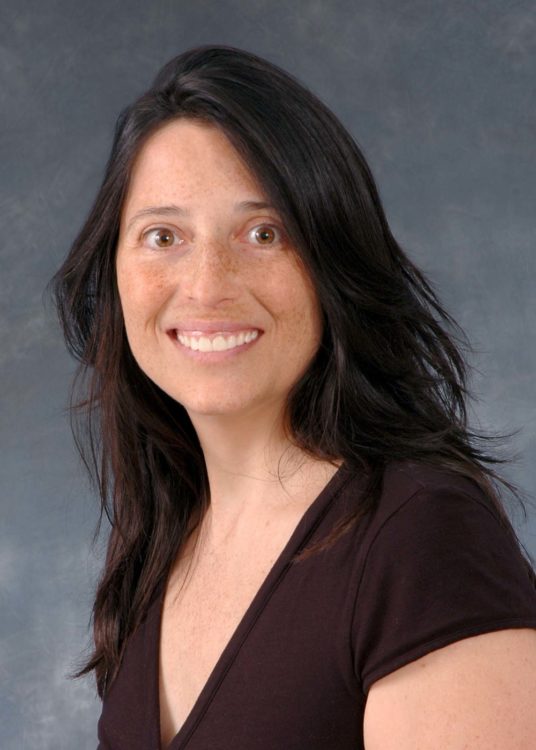Dr. Anne Andermann, an Associate Professor in the Department of Family Medicine, has been named to the federal government’s National Advisory Council on Poverty (NACP). The announcement was made on August 21.
Part of Canada’s Poverty Reduction Strategy, the NACP will advise the government on poverty reduction and provide an annual progress report. Dr. Andermann, a family doctor and public health physician, is one of 10 members of the Council which is made up of a diverse and committed group of persons with lived experience, community leaders, experts, academics and practitioners working with disadvantaged groups.

Dr. Andermann notes that the government has already made strides in reducing child poverty, particularly through the introduction of the Canada Child Benefit, which has succeeded in reducing by almost one third the number of Canadian kids living in poverty between 2015 and 2017. But much more must be done. “With over half a million children still living in poverty across Canada we cannot let up the efforts, and with evidence-informed policies and the political will to succeed, we can do even better,” she says.
Dr. Andermann has long been involved in tackling health inequities. She is the founding director of the CLEAR Collaboration, an international group of researchers and policy makers based out of McGill that aims to help frontline health workers address the underlying social causes of poor health through a combination of direct patient care, referral and advocacy for larger social change.
Also at McGill, she leads the Social Accountability, Population Health and Health Advocacy theme in the undergraduate medicine curriculum and is Director of Community-Oriented Primary Care. She is also a Public Health Physician at the Cree Board of Health and Social Services of James Bay and was, until recently, the Medical Specialist in Public Health and Preventive Medicine at Health Canada’s Quebec Regional Office.
Dr. Andermann says it’s important for family doctors like her to get involved in the fight against poverty because they and other frontline health workers are so well placed to make a difference in terms of access, not only to primary health care, but also to services at the community and government level, and even spur policy change. She cites as an example the innovative community outreach clinic she helped establish in Côte-des-Neiges with partners at Multicaf, a local food bank. “We have helped almost 80 people who were far from care to be connected to a family doctor at St Mary’s Hospital, and thereby access ongoing whole-person-care and a patient medical home,” explains Dr. Andermann.
Dr. Andermann, who received her MDCM from McGill and also holds a DPhil in Public Health from the University of Oxford where she was a Rhodes Scholar, is eager to build on successes like these at the national level through her work on the NACP. “I am looking forward to working together with like-minded colleagues to make recommendations for systemic and structural changes that will ensure that the most basic human needs, such as food, shelter and personal safety, can be a reality for all Canadians, and particularly, for all of our kids,” she says.
